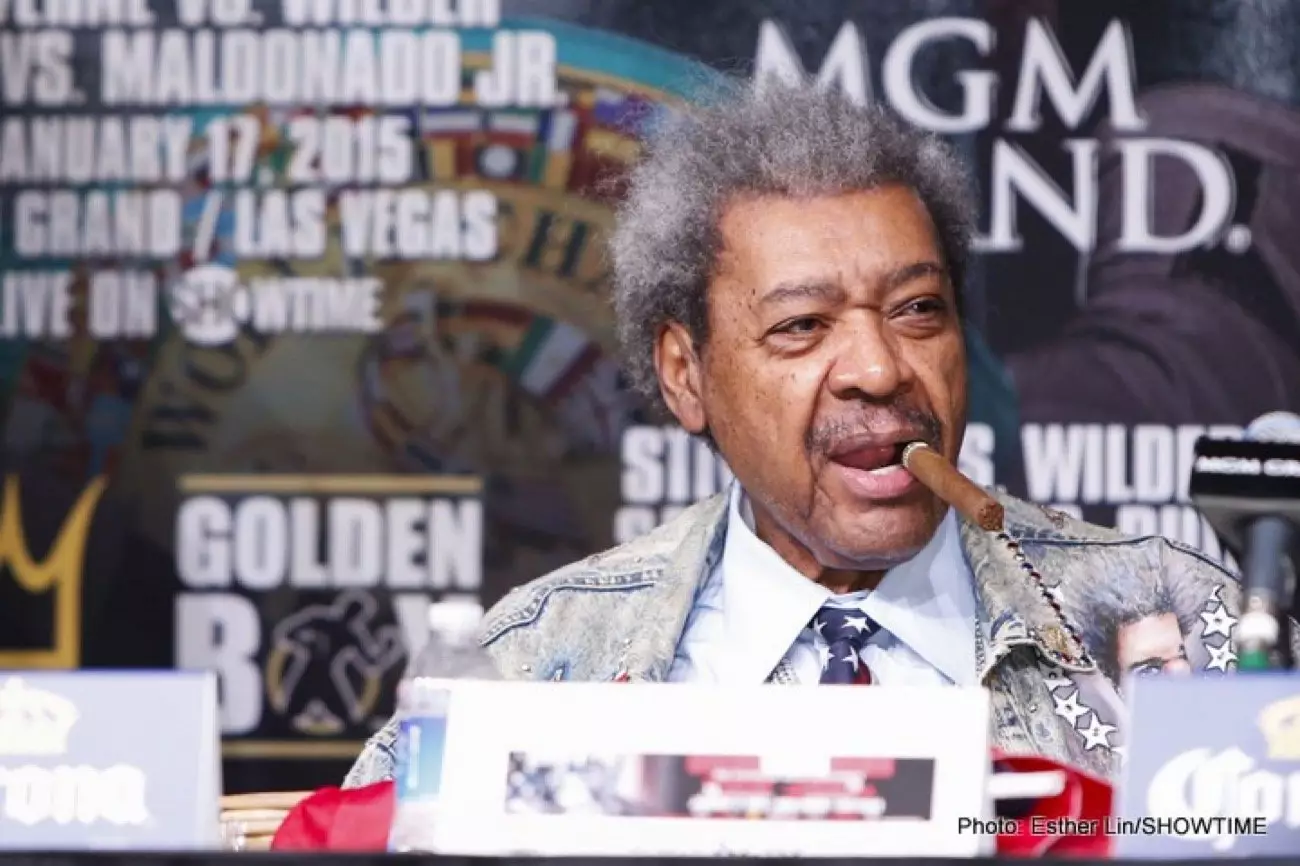Boxing has long been afflicted by a crisis of legitimacy, and the World Boxing Association (WBA) is at the epicenter of this absurdity. The upcoming clash between Kubrat Pulev and Michael Hunter for the WBA “Regular” Heavyweight Title exemplifies this predicament. To call the “Regular” title meaningless would be an understatement; it symbolizes everything that is wrong in contemporary boxing. Titles that once signified skill and dominance now seem more like participation trophies, diluting the sport’s legacy and value. If collecting belts were a game, the WBA would effectively create the world’s most convoluted punchcard system where mediocrity gets rewarded.
With more iterations of championships than contenders worthy of them, the WBA continues to trivialize the essence of boxing. “Super champion,” “interim champion,” and even “gold champion” titles clamor for attention, turning what was once an esteemed title fight into an absurd spectacle. The “Regular” title functions as a cheap imitation, akin to a counterfeit Rolex that loses all its luster once examined closely. And yet, there’s a cynical irony in how these bouts receive excessive marketing as if they are monumental events—the Pulev vs. Hunter matchup is no different.
Don King: The Last of a Dying Breed
Enter Don King, the so-called ‘legend’ of boxing promotion, who at 93 years old seems to embody the relics of a bygone era. A charismatic figure whose penchant for flamboyant promotions is matched only by his outdated business practices, King recently won a purse bid for this bout for an eye-watering $1.1 million. One can only marvel at how King remains relevant in a sport that is increasingly digitized and modernized. While most promoters are striving to secure lucrative streaming deals or align with the latest fads, King’s approach remains quaintly archaic.
Imagine the anachronism of someone submitting bids via fax while the world has moved on to instant communication. Yet King continues to make waves in a world increasingly enamored with technology, somehow operating a business that harks back to an age when boxing was a raw, unfiltered spectacle. For every YouTube influencer looking to grab headlines, King is securing fights with methods so old-fashioned they feel like a parody. His ability to stay in the ring—both literally and figuratively—shows a unique, if not baffling, tenacity.
The Fighters: A Gaudy Show with Diminishing Returns
As for the fighters themselves, Kubrat Pulev and Michael Hunter could not represent the state of heavyweight boxing with greater clarity. Pulev, 44 years old, hasn’t been a relevant figure in the ring for nearly a decade, and his last meaningful match ended in a loss to Wladimir Klitschko. Now, reduced to an also-ran, he appears to be hanging around long enough to collect what might as well be a pension from the WBA. Hunter, on the other hand, is a competent fighter but lacks the marquee value to draw fans—after beating Cassius Chaney for a WBA “Gold” title that is, let’s be honest, comparable to a cereal box decoration.
The peculiar reality here is that even a lackluster win by either fighter is met with the fanfare and promotion typically reserved for championship honors. Promoters market this fight as though it is a watershed moment in boxing’s rich history, when in fact, it resembles a farewell tour for two fighters grasping at the remnants of their careers. In this precarious game of musical chairs for boxing belts, the most forgotten contenders get to stroll away with hollow titles, while fans are left scratching their heads.
Boxing’s Identity Crisis
This entire scenario points to a worrying identity crisis within boxing—one pitting legacy against commercialization. The sport seems to have lost its essence amid a flurry of catchphrases and flashy titles. In their relentless pursuit of revenue, organizations like the WBA have diluted the concept of a “world champion” to a point where it carries little to no weight. As Pulev versus Hunter unfolds with its dubious title, one has to wonder if we are entering an era where merit is overshadowed by mere commercial viability.
The absurdity continues as the WBA unabashedly promotes this as a legitimate title fight while fans and analysts alike roll their eyes at the spectacle. Boxing’s legacy of greatness is becoming increasingly difficult to navigate in today’s world, where it feels less about the athletes and their skills and more about the promotional gimmicks and revenue streams.
This situation encapsulates a glaring reality: boxing is at a crossroads, teetering on the edge of chaos, masked by a thin layer of glamour. While the business of boxing may continue to thrive through flashy promotions and dubious titles, the authenticity and weight of what a champion should represent feel more elusive than ever.


Leave a Reply